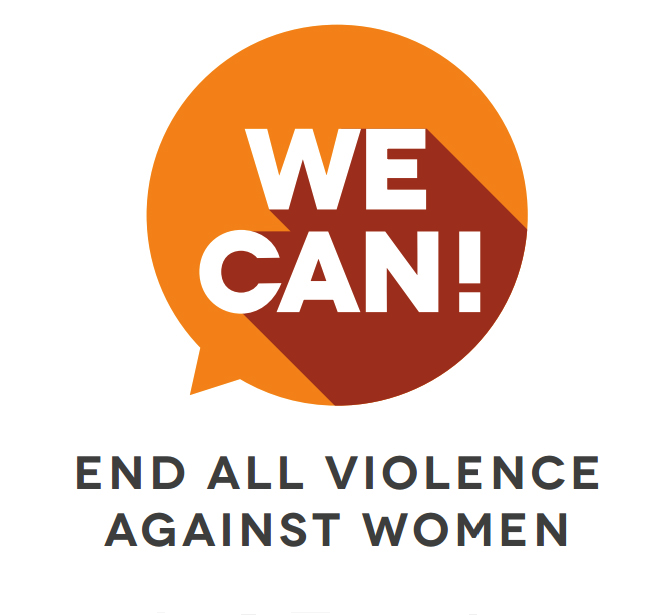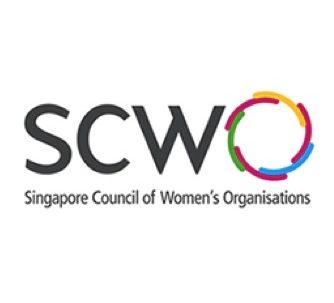Dear Member of Parliament Mr Christopher De Souza and the Inter-Agency Taskforce on Trafficking-in-Persons,
 Thank you for hosting the public consultation sessions on the proposed “Prevention of Human Trafficking Bill” between 19 March 2014 and 15 April 2014. Many representatives from civil society attended the introductory session on 19 March 2014, as well as other sessions, through which we learnt more about the proposed Bill from the handouts and ensuing discussions. As part of the public consultation process, we would like to reiterate our views and concerns that we have expressed at these sessions, as inputs for the Bill that is being drafted.
Thank you for hosting the public consultation sessions on the proposed “Prevention of Human Trafficking Bill” between 19 March 2014 and 15 April 2014. Many representatives from civil society attended the introductory session on 19 March 2014, as well as other sessions, through which we learnt more about the proposed Bill from the handouts and ensuing discussions. As part of the public consultation process, we would like to reiterate our views and concerns that we have expressed at these sessions, as inputs for the Bill that is being drafted.
At the outset, we are glad that the State has decided to address the issue of human trafficking in Singapore. It was encouraging to see that the proposed Bill plans to adopt the broad and comprehensive UN Trafficking-in-Persons (TIP) Protocol, which defines trafficking in persons as occurring across the migration process and being undertaken by means of “threat…of deception, of the abuse of power or of a position of vulnerability… for the purpose of exploitation.” We understand that the proposed Bill will cover different forms of trafficking, including sex trafficking, labour trafficking and child trafficking. However, as civil society organisations which work closely with affected individuals, we are disappointed by the serious limitations of the proposed Bill, which does not adequately address issues of deceptive recruitment, loss of liberty and debt bondage.
Labour Trafficking
With regards to labour trafficking, the Bill intends to focus on “forced labour or services, slavery or practices similar to slavery, servitude.” Given this context, many of us at the public consultation sessions raised our concern about current exploitative practices, such as working and living conditions, wages, restriction of movement, and so on. In response, we were told that the proposed Bill would not take into account such indicators because migrant workers are supposedly covered under the Employment of Foreign Manpower Act (EFMA).
However, many of us who have worked extensively on migrant worker issues have come across several cases whereby the EFMA has been unable to deliver justice to workers. As examples, the SGD 5,000 security bond, the lack of freedom to change employers, poor protection against long working hours, lack of wage protection, poor enforcement of the Passports Act and the ability of employers to repatriate workers, are all not addressed by existing legislation, thereby encouraging trafficked and forced labour. Unless these issues are considered, the proposed Bill will not be comprehensive in its protection, as it is now contingent on an inadequate EFMA to cover gaps.
Sex Trafficking
We understand that according to the proposed Bill, consent of the victim will not be an impediment to enforcement, and those who are deceptively recruited into working in the sex industry shall be protected. However, we are concerned about the process of victim identification.
At the 19 March, 2014 consultation session, Mr De Souza said, based on his past experience as a lawyer dealing with similar cases, that it is difficult to gather evidence to prove whether or not a woman who is caught in a raid is a victim of sex trafficking. In such cases, he elaborated, officials will have to make a call ‘on the ground.’ We are worried about this process because the decision of who is a victim is left to the subjective judgement of individual officers. If there are no criteria to determine a victim of trafficking, how will the proposed Bill serve as protection?
‘Victim-Centric Approach’
This leads to another key aspect of the Bill which was discussed –the incorporation of a ‘victim-centric approach’. Interestingly, what is proposed as victim protection — namely the provision of temporary shelter and video-conferenced trials– are framed as ‘a key pillar of Singapore’s work to combat trafficking in persons.’ However, at the 19 March, 2014 consultation session, a taskforce panellist from the Ministry of Home Affairs explained that these measures exist to enable the victim to play a crucial role in assisting authorities to get to the perpetrators. This implies that the sole purpose of legalizing certain protection measures is to ensure that the victim can serve the interests of the State, as opposed to ensuring his/her well-being in and of itself.
When some of us at the session suggested other measures to assist the victim, such as finding alternative employment or arranging a temporary stay visa, the panellists did not commit to addressing any of these. Not responding to any of these needs will leave the victim vulnerable to further victimisation through repatriation or deportation.
Thus, while we can appreciate that the proposed Bill attempts to recognize the nature of human trafficking, we feel that it is inadequate in providing protection and support to marginalised migrant workers in certain industries. We would therefore like the draft Bill to consider:
- Adequate protection for marginalised migrant workers in all industries, including but not limited to fishing, construction, service, sex, entertainment and domestic work, several of whom face exploitation as a result of long working hours, poor conditions, low pay and debt bondage
- Specific mechanisms to ensure that victims of sex trafficking are properly identified and protected
- A supportive victim-centred approach that deters further victimisation
As we would not like for Singapore to be an economy built on the exploitation of migrant labour, a solid anti-trafficking legislation that acknowledges all the characteristics of trafficking is crucial to protecting the vulnerable.
Thank you.
Sincerely,
Corinna Lim, Executive Director, AWARE
On behalf of:
Association of Women for Action and Research (AWARE)
Jolovan Wham, Executive Director, Humanitarian Organisation for Migration Economics (HOME)
Vanessa Ho, Project Coordinator, Project X
Vincent Wijeysingha, Workfair Singapore
Vincent Law, Civil Society Activist
Timothy Cheong, Civil Society Activist
 However, the report does not take into account the specific challenges that parents often face in the advanced industrialised economies that are more comparable to Singapore than countries which experience difficulty with humanitarian emergencies.
However, the report does not take into account the specific challenges that parents often face in the advanced industrialised economies that are more comparable to Singapore than countries which experience difficulty with humanitarian emergencies.







 The Garden Slug will be offering the following:
The Garden Slug will be offering the following:





